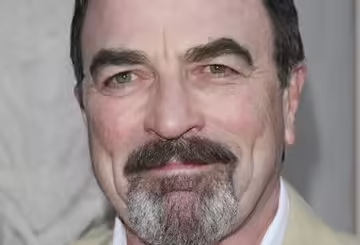“Donnie Wahlberg and Tom Selleck Reveal the Secrets Behind ‘Blue Bloods’ Family Dinner Scenes”
As “Blue Bloods” prepares for its final season, stars Donnie Wahlberg and Tom Selleck reflect on the elements that contributed to the show’s enduring success, with a special focus on the renowned Sunday family dinner scenes.
In an article for Emmy Magazine’s June issue, the actors looked back at the iconic CBS series, particularly the family dinners that have become a hallmark of the show.
Wahlberg, who portrays Detective Danny Reagan, discussed the importance of committing fully to his character during these pivotal scenes. “In the first dinner scene, I had to dive deeply into my character’s mindset and be ready to turn the table upside down,” Wahlberg recalled. “And doing that with Tom Selleck at the head of the table? He’s a legend.”
Selleck, who plays Commissioner Frank Reagan, noted that these scenes are more than just dialogue. “The key to a compelling family dinner scene is timing,” he explained. “It’s not just about what you say, but the subtext behind it. The audience is more interested in the unspoken dynamics at play, which are rich and layered in these scenes.”
Wahlberg reminisced about the evolution of these dinners, noting that they’ve become a symbol of the cast’s close-knit bond. “What started as a cohesive cast with mutual respect has grown into a genuine family,” he said. “There’s a real sense of affection and gratitude during these scenes. If anyone is having a tough time, by the end of the dinner, they’re reminded of how lucky we all are.”
Selleck echoed this sentiment, highlighting the unique nature of these moments. “The Sunday dinners on the show serve as a reminder of what the Reagans and we as actors have to be grateful for,” he said. “It’s a special part of the show and a unique experience that has contributed to our longevity.”
Wahlberg added, “Having these dinner scenes as a weekly check-in is a blessing. It’s been a crucial part of why we’ve lasted 14 seasons, both in terms of the characters’ relationships and our own.”


